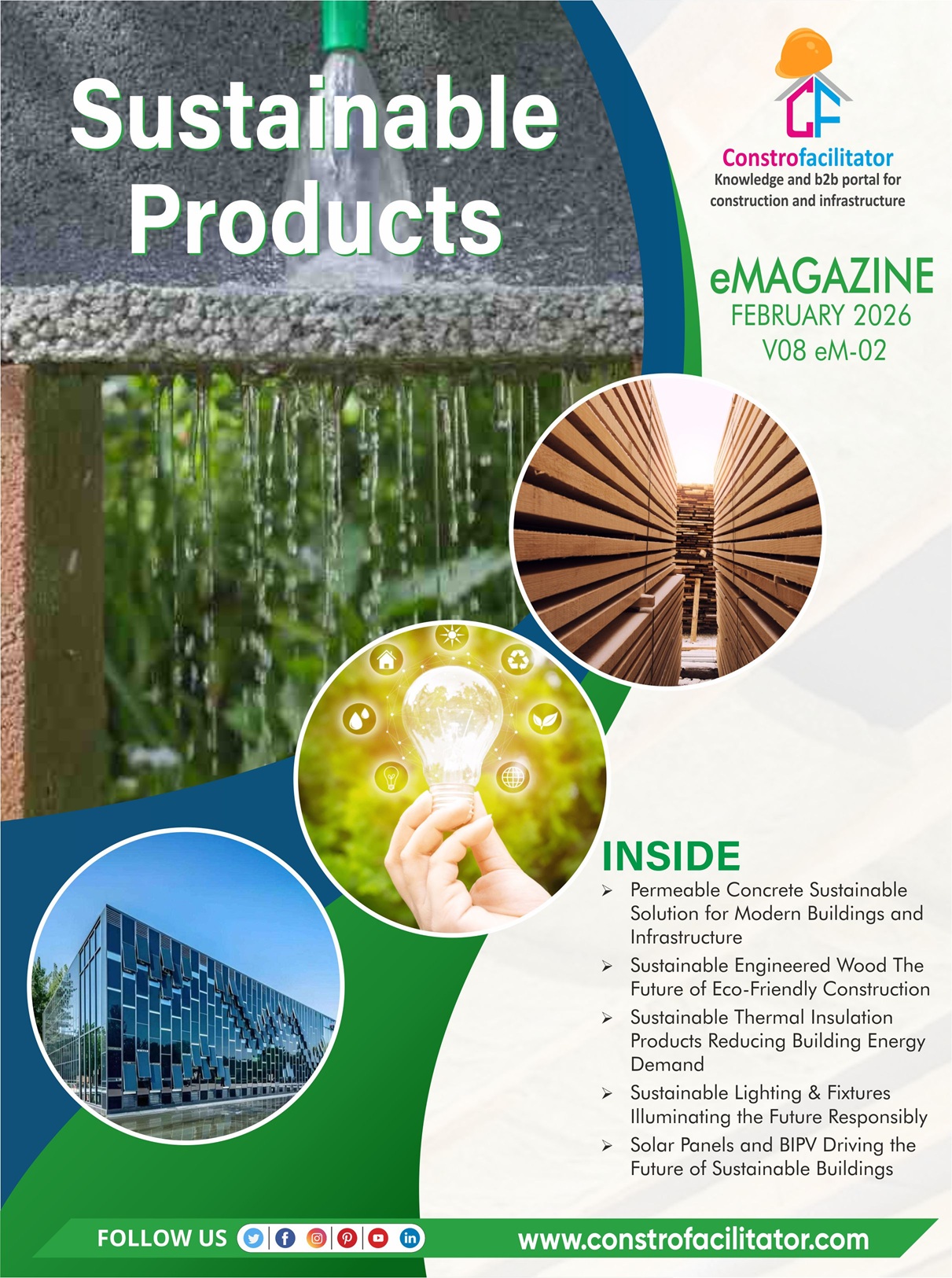The ministry of road transport and highways (Morth) plans to lay a network of green highways stretching to 12,000 kms in the next three to four years in India. Under Union transport minister Nitin Gadkari, Morth launched the ‘Green Highways (Plantation, Transplantation, Beautification and Maintenance) Policy, 2015’ which promotes greening of highway corridors with participation of the community, farmers, private sector, NGOs and government institutions. In an exclusive chat with TOI on board his aircraft to an election rally at Bijnor in Uttar Pradesh, the Nagpur MP explained the various green energy projects he is pursuing and plans to make the country pollution free.
Excerpts:
Q. In what way will a green highway be beneficial?
A. It would help the country in achieving zero pollution. It would be a completely new road, which would be starting from zero and straight in alignment. We will be using materials like plastic and rubber in bitumen. There will be a large number of green tree plantations on both sides. Importantly, it would be a fully access control expressway and due to its straight alignment, it would save a lot of fuel and effort. In the current system, we are changing two lanes to four and four lanes to six, but they are consuming more fuel and time.
Q. Morth is also working on the e-highway concept.
A. We are currently building 26 green highways that would connect ports, airports, railways and bus stations, capitals and religious tourism centres. We are trying to make Jaipur-Delhi Expressway into an E-highway where the trucks and buses would run on the electric cables just like a train. Some of these 26 green highways are under the Bharatmala project and Gatishakti scheme. When I took charge of Morth, the total length of highways was 96,000 kms and now it’s over 1.47 lakh km. Our aim is to take it to 2 lakh km. We are going to implement many new concepts and technologies with a view to make transportation cost-effective, pollution free and environment friendly.
Q. You often talk about hydrogen fuel.
A. We are planning to use the green hydrogen fuel from wastewater by using solar energy. It is possible by using electrolyzers. One of the start-ups in Bangalore exports all its electrolyzers to the United States. We can use it in India. In municipal corporations and councils, sewage water is available in plenty. By segregation of solid waste management using the rooftop solar, we can make green hydrogen with the help of electrolysers. The power and water cost of producing it would be negligible. We can use this fuel even in railway engines along with cement and chemical companies instead of coal. It is the fuel of the future, due to its economic viability. We can also run trucks and buses. It is going to save our imports in a big way. From an environmental and ecology point of view it would be the best thing happening to our country.
Q. Is green hydrogen tried and tested in India?
A. In the first week of January, we are starting a pilot project where we would be getting a green hydrogen car from Toyota in Japan. We will be filling up green hydrogen from the Indian Oil Corporation (IOC) Faridabad laboratory, which already produces it. It is an experiment to show people that using this form of fuel is possible. A day will come in two years, where we would have vehicles running on hydrogen, which would be a big revolution in the country, and it can also reduce pollution.
Q. Why do you always strive to use green fuel?
A. We are currently importing crude oil which is costing the nation over Rs 8 lakh crore. In the next five years, the cost would jump to Rs 25 lakh crore. Fuels like ethanol, bio-LNG ad bio—CNG which is made from rice straw, electric vehicles are all solutions to reduce dependency on fossil fuels. We are also granting permission to use flex engines in two, three and four wheelers. We are coming up with hybrid-flex engines like Toyota Camry that can produce power while running on ethanol. We are already working on the battery chemistry using batteries of lithium, sodium, zinc and aluminium. In two years, the cost of electric vehicles would be equivalent to petrol and diesel products. Electric is also one of the technologies of the future and we want to make trucks running on it. Even in construction equipment, we want to use biofuel.





